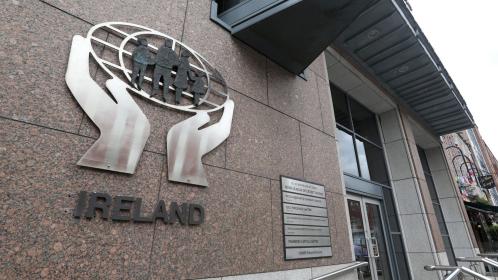
Businesses have several options when it comes to financing their various business needs. Among two of the most common options are small business loans and lines of credit. Each of the two options has unique features and meets specific needs that help to move the business forward. Thus, it is crucial for businesses to know the difference between the two so that they can choose the best option for themselves and their companies when they need capital.
Here are some differences between small business loans and lines of credit:
Mode of working
A small business loan is a way to finance a business in which you borrow a lump sum of money that you have access to all at once, and then repay it over a certain period, like several years. For example, if you are a small business located in rural areas you can consider taking usda loans in florida and other similar loan applications and pay it as per the stipulated time. On the other hand, a line of credit is more like a credit card, where you get approved for a specific amount of money from which you can draw when a need arises, and until you draw from it you do not make payments, even as the funds are available to you.
When to obtain them
In regard to a small business loan, you only acquire it when you need it for a specific purpose. But keep in mind that before opting for one, you must know about it in detail. For instance, you should have a fair idea of the different types of sme loan. There are several types of it and not knowing about them could prove to be costly. For starters, term loans, secured business loans, startup loans, unsecured business loans and line of credit should be what you need to learn about in detail.
Talking about the line of credit, a secured business line of credit, can be obtained before the need arises, and it does not have to be for a specific purpose.
Repayment
When you take out a loan, you make monthly payments, (although there may be exceptions, like paying biweekly) which begin as soon as you get the loan. It does not matter if you put the money to use right away or if you spend only a portion of it-you have to pay monthly and the amount does not vary. However, this is not the case with a line of credit, as you only make payments for the amount that you have borrowed. If you have not drawn from the line of credit, you have no payments to make.
Businesses must ensure that they make their agreed payments on time and in full for both loans and lines of credit. Otherwise, they could damage their credit score and have problems getting credit in the future. Those with low credit scores can still save themselves by working with experts to improve them. They can check out one of the best solution providers in the field at https://www.boostcredit101.com and start the process of rebuilding their score.
Longterm vs. short-term
Small business loans are appropriate for longterm debt that is to be repaid over 2-6 years. They are suitable for funding a definite business growth objective. Lines of credit are best suited for short-term expenses, like buying inventory, funding a promotional/marketing campaign, or meeting a seasonal cash-flow deficit. They should be repaid as soon as possible.
Interest rates
Small business loans tend to have higher rates, which are usually fixed. Lines of credit normally have lower interest rates, but they are variable. As such, if you mismanage your line of credit by paying late or drawing too much from it-from an interest rate point of view-you would be far better off taking out a loan.
Bottom line
Both small business loans and credit lines are good ways of financing business, but each of them should be used when most appropriate. Also, the users must acquaint themselves with all the terms while applying for them and ensure full compliance with these terms.



